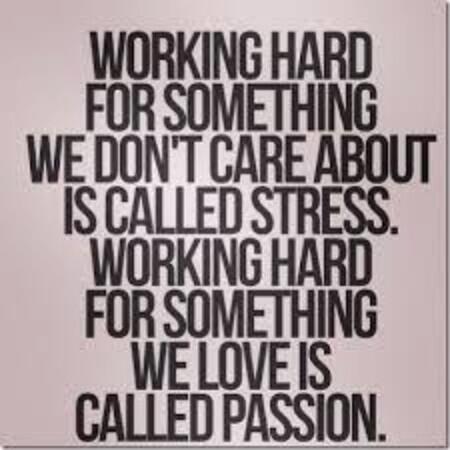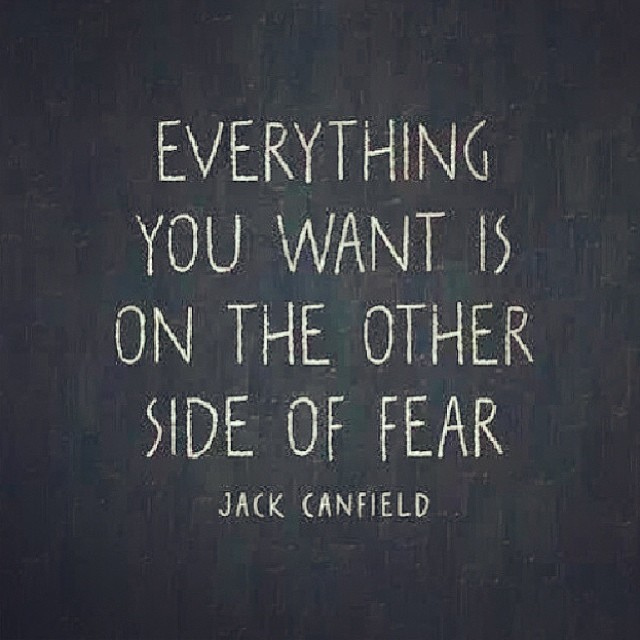It’s the Saturday after RSA Conference 2015. I spent most of Friday sleeping and have been off balance today. I know from past experience that depression is next. Not clinical depression, mind you. It’s more like what seasoned conference travelers call “ConFlu.”
Mood music:
I actually call this Coming Down the Mountain Syndrome, and it arrives every year like clockwork.
In my industry RSA is one of the biggest conferences of the year. Months of planning goes into the four-day event. There’s endless strategizing on how to make the biggest bang at the show: how the exhibit booth should look, what kind of blogging to do, which dinners and meetings to attend, and so on.
Then you get to San Francisco and haul ass for the week, sleeping an average of three hours a night. You walk several blocks around the city daily, getting from one meeting to the next. You spend much of the time too warm or cold, depending on which climate you come from.
You talk to hundreds upon hundreds of people about what you’re working on and how it’ll benefit them, until your throat is so sore that you can’t talk anymore.
Then you fly home and life returns to normal … eventually.
Since it’s been so long since the schedule was routine, your adrenalized body struggles hard with re-entry. It becomes difficult to keep thoughts organized. Those who expect you to return to a business-as-usual mindset become the object of your crankiness and scorn.
That’s my annual experience, anyway.
This isn’t exclusive to my industry’s conferences, either. It can happen after any intense event with a long lead-up. I know many people from different business sectors who feel the same way after a big event. I’ve also experienced it and seen it happen to others after religious retreats. There’s even a book about it.
The good news is that the feeling is short lived. Monday and Tuesday suck, but by Wednesday the universe comes back into alignment.
Now if I can just keep from punching people until then…




